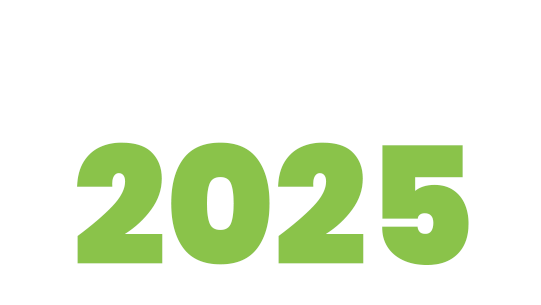
High-Throughput Computational Homogenization of Porous Materials Produced by Selective Laser Sintering: a Diffuse-Interface–Based Workflow
Please login to view abstract download link
Selective laser sintering (SLS) is an additive manufacturing (AM) technique for producing porous materials. However, understanding the process-microstructure-property (PMP) relationships remains challenging due to the complexity of multiphysics field interactions and the limitations of empirical methods. In order to achieve tailoring of mechanical and functional properties, this study proposes a high-throughput computational workflow that integrates phase-field simulation and computational homogenization to confront these challenges. The workflow allows diffuse-interface-based simulations of multilayer SLS-processes of 316L stainless steel under different process parameters (beam power and scan speed), capturing the microstructural evolution and evaluating the effective elastic properties. The main advances include the implementation and comparison of interpolation schemes (Voigt-Taylor, Reuss-Sachs and Schneider's) for the mechanical properties of dispersed interfaces, with the Voigt-Taylor scheme being the closest to the sharp-face results. The results show a strong correlation (R² > 85%) between porosity and effective Young's modulus, linking the processing parameters to the mechanical properties through specific energy inputs. In addition, the workflow identifies localized strain concentrations around the porosity, highlighting possible on-site plastification. The results demonstrate the feasibility of virtual fabrication of SLS-processed porous materials with tailored mechanical properties, laying the foundation for data-driven inverse design.

